Ron Lieber with an interesting piece about investing and it’s relationship to veganism for the NYTimes:
First, the US Vegan Climate ETF. It is an index of sorts, with 268 American stocks, and it begins with subtraction: removing companies, and even whole industries, that it considers animal unfriendly. Pharmaceuticals? Poof, because of all the animal testing. Companies that extract and refine fossil fuels are gone, too. After all, animals are outdoors more than we tend to be, so climate change threatens many of them even more than us.
The Karner Blue Animal Impact Fund, named for the endangered butterfly, takes a different approach. It is an actively managed mutual fund, with fewer than half the number of stocks in the Vegan ETF, including companies not based in the United States.
Another big difference: It employs so-called positive screening, picking best-of-breed companies in as many industries as it can stomach.
“We are not animal avoidant,” said Vicki L. Benjamin, president of Karner Blue Capital. “We are animal engagement.”
This gets tricky rather quickly, and it may mean something like the following when it comes to the raising of meat, according to Ms. Benjamin, who is not a vegan but tends to stray from a plant-based diet mostly in the piscine direction: People are going to eat animal flesh for a good long while, so why not treat the animals better?
Do that, and it becomes more expensive to raise animals, since you’re doing so humanely, which is a good thing. The cash cost of eating meat will go up, people will eat less, and emissions will fall.
That’s how Karner Blue ends up with Chipotle in its portfolio: It likes the chain’s animal welfare efforts (its continuing food safety questions aside). But the parent of Burger King didn’t make the cut, even though it has a vegetarian Whopper with an Impossible Burger patty these days. That’s because the parent, Restaurant Brands International, also owns Popeyes, which only recently agreeed to take a big step to improve its treatment of chickens.
Any edge cases reflect the kinds of compromises that nearly any kind of investment may require for most consumers. Because of its desire to direct capital to above-average companies in as many industries as possible, Karner Blue sometimes ends up in a situation where it’s effectively buying the best house in a bad neighborhood.
Investing while trying to ‘Do The Right Thing™’ is a wild game. If you want to support change, investment is one of the easiest ways to do it. I mean if we’re putting tofu and Impossible burgers and tempeh in it… we might as well put our money where our mouth is too.
It is confusing and it makes sense that we are starting to see multiple offerings that are trying to find a way to navigate this tricky space.
